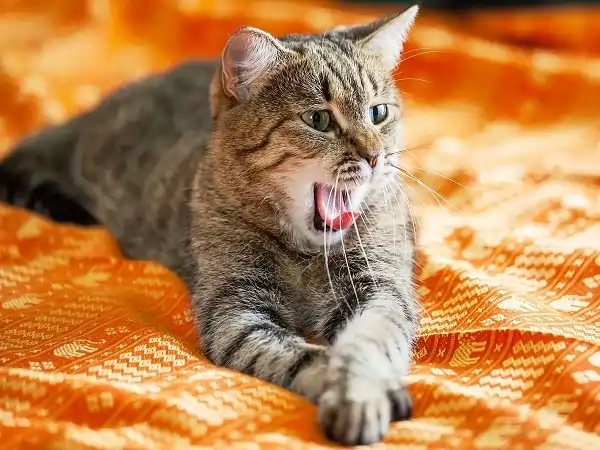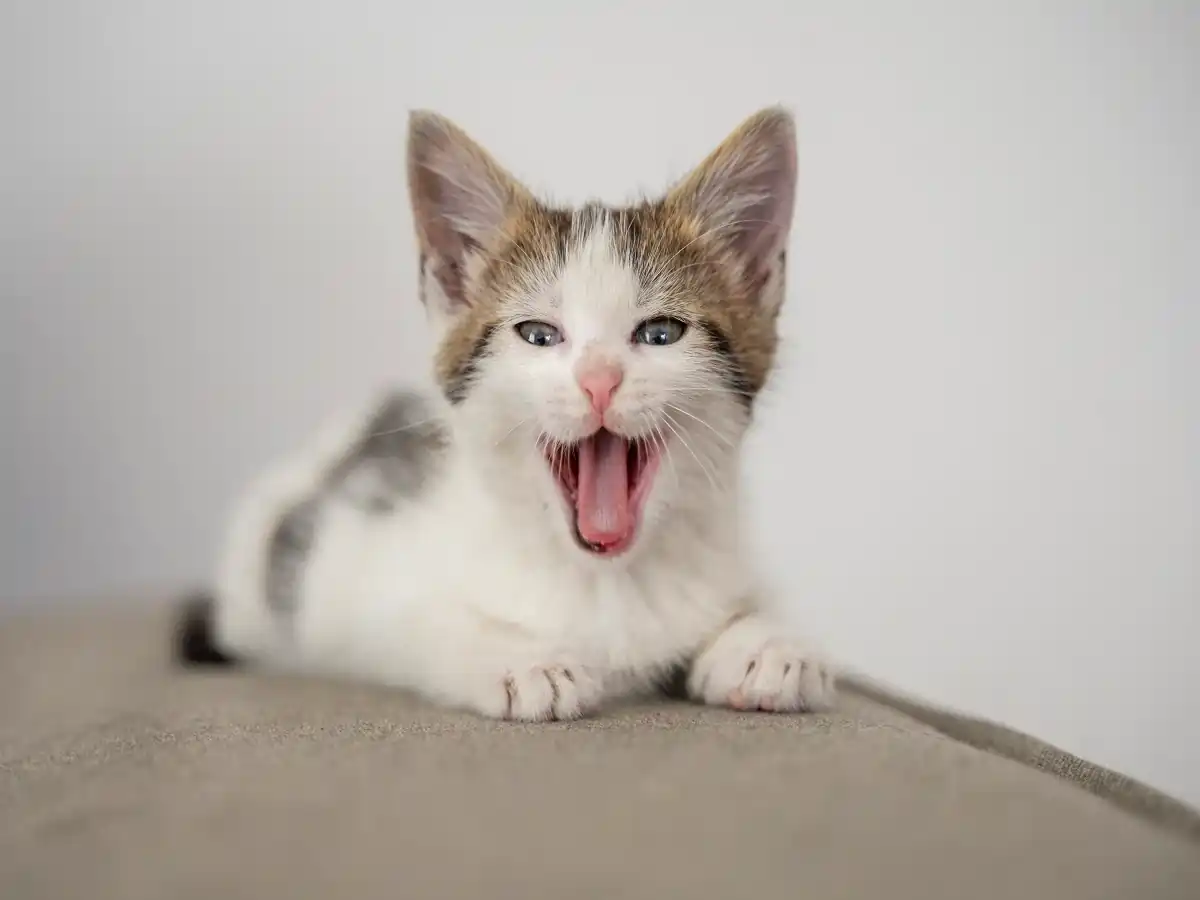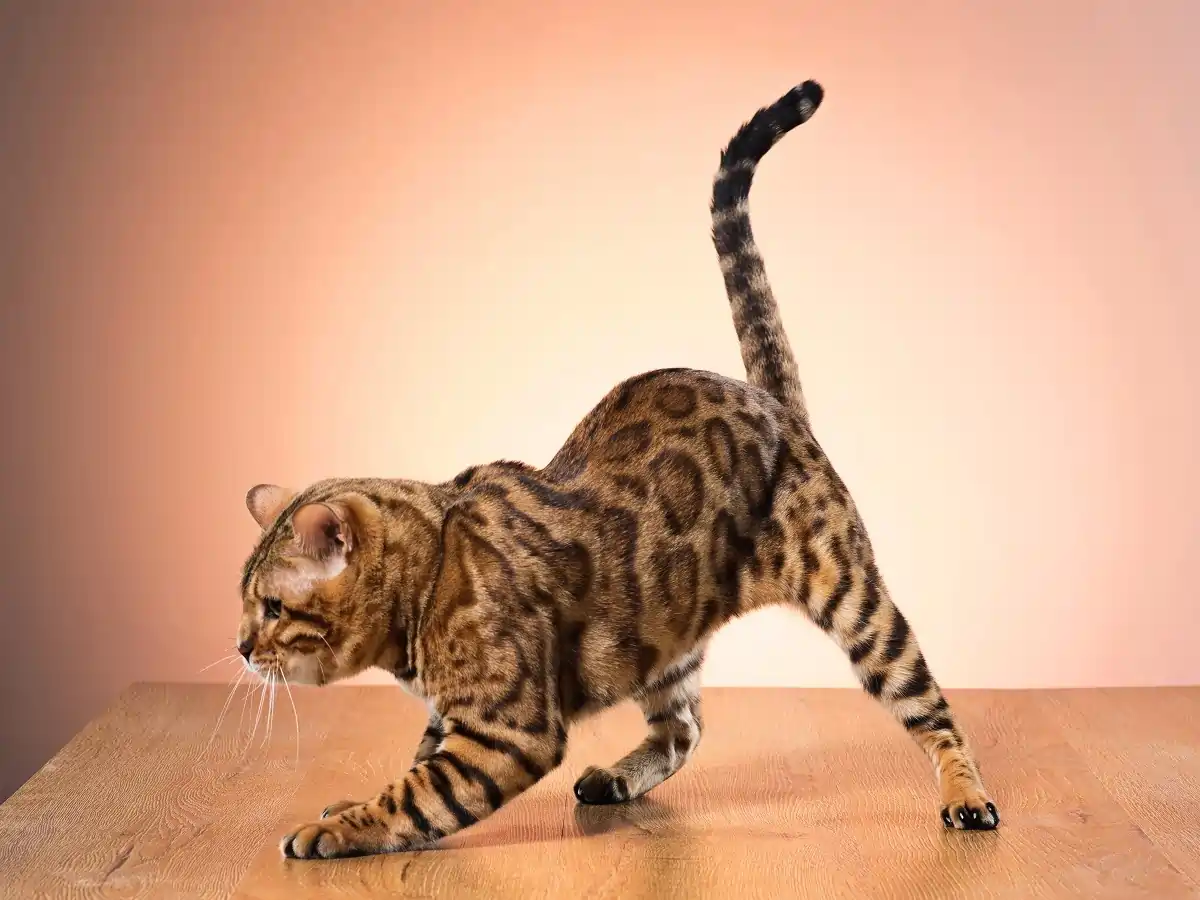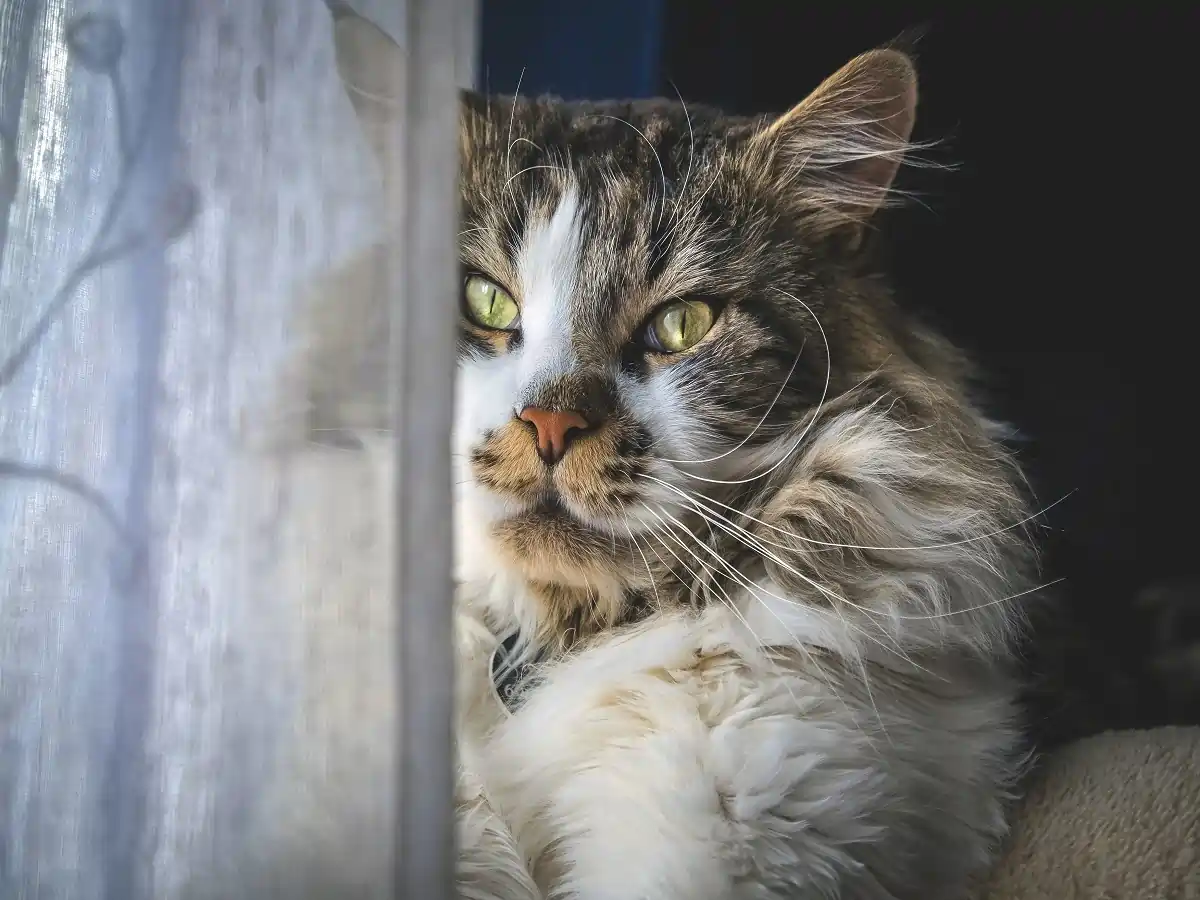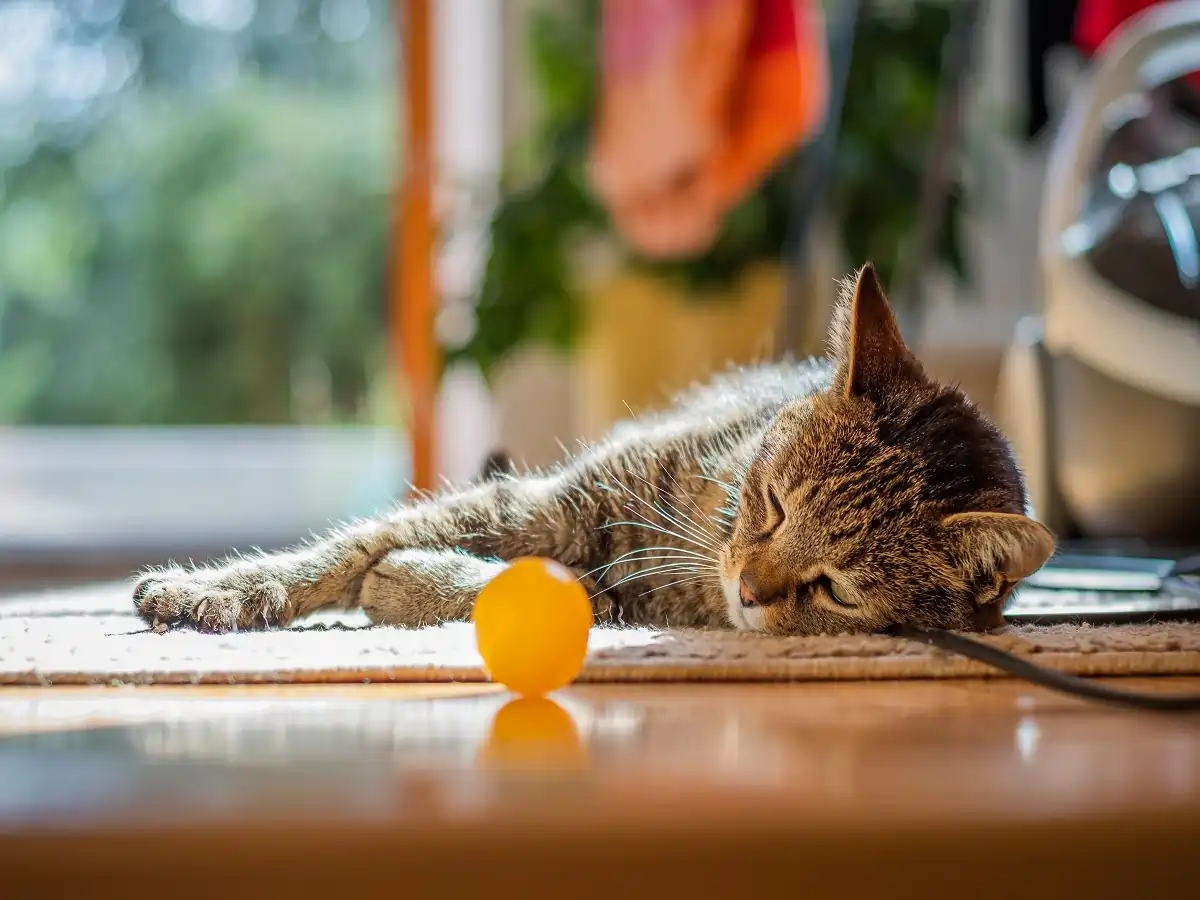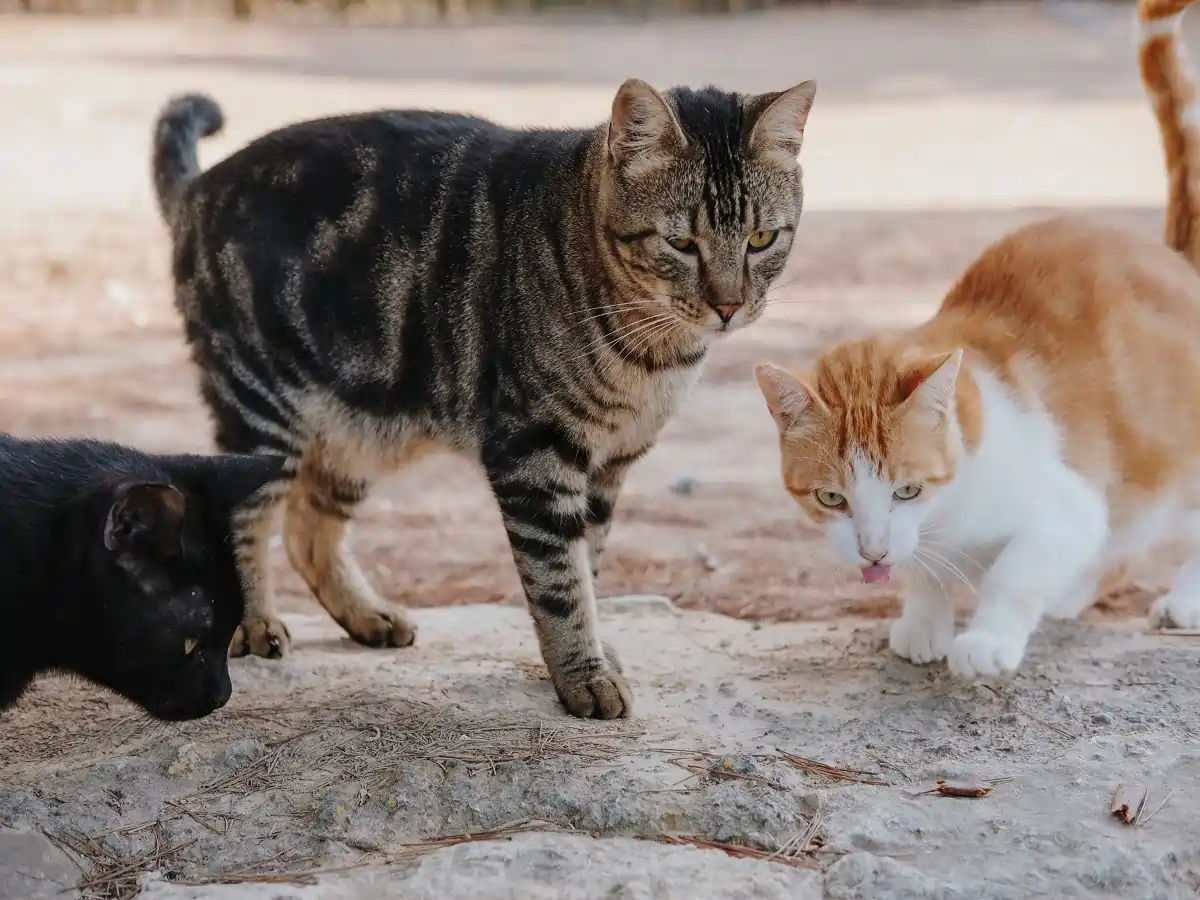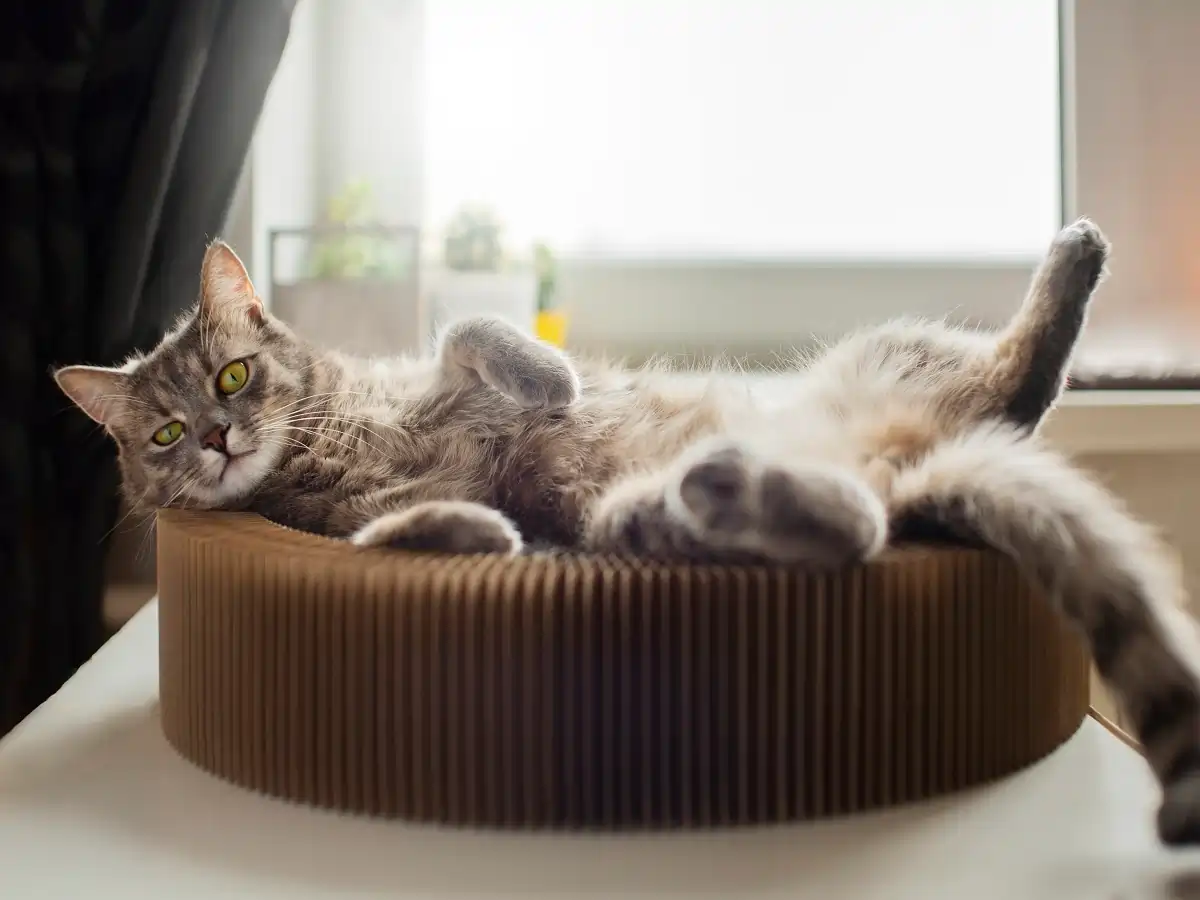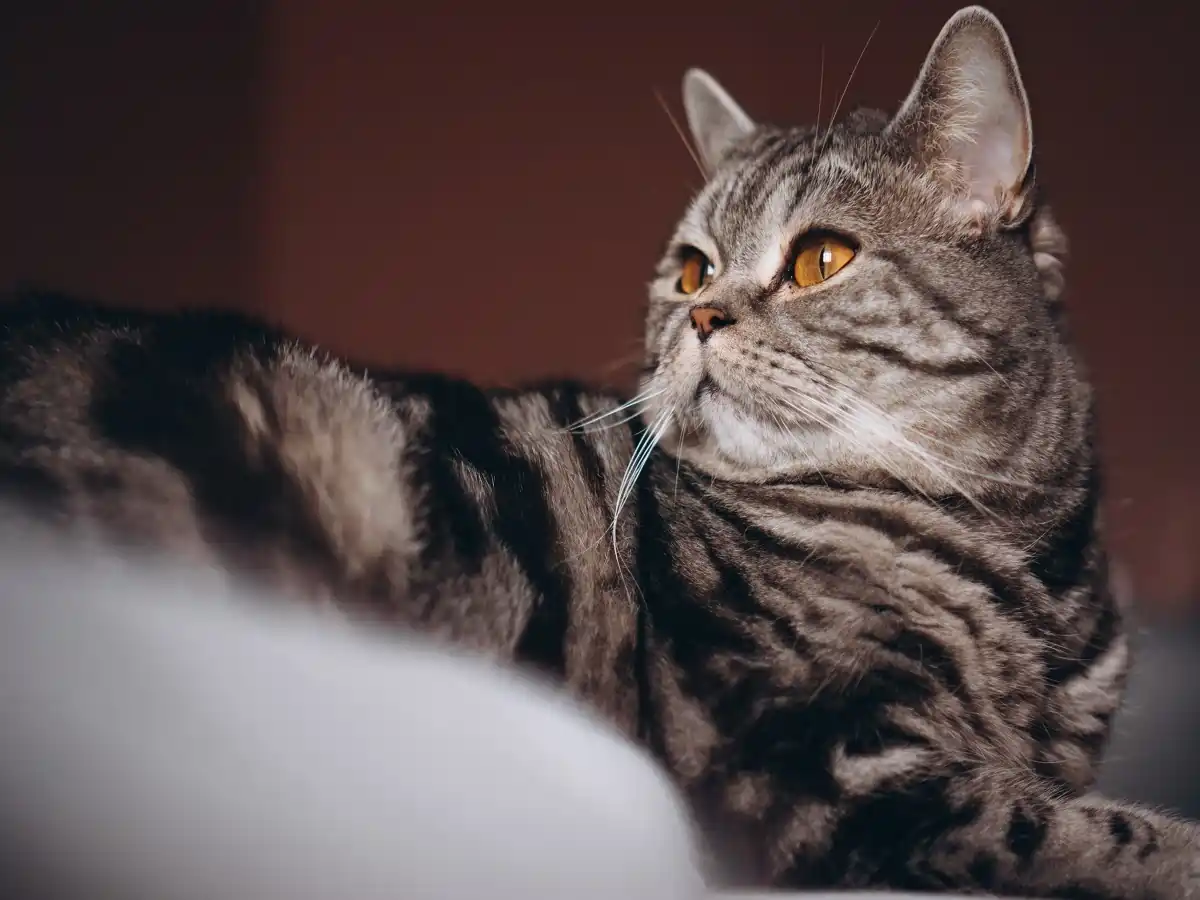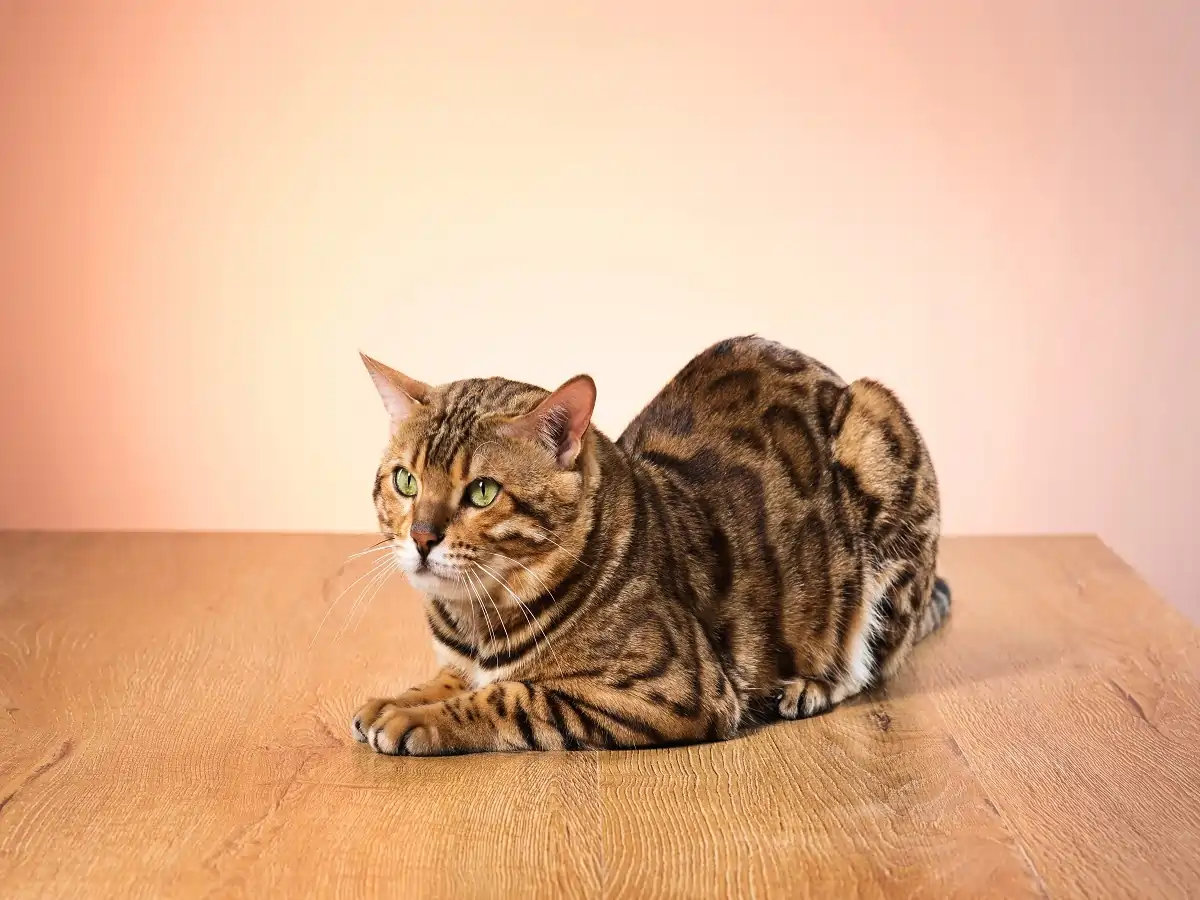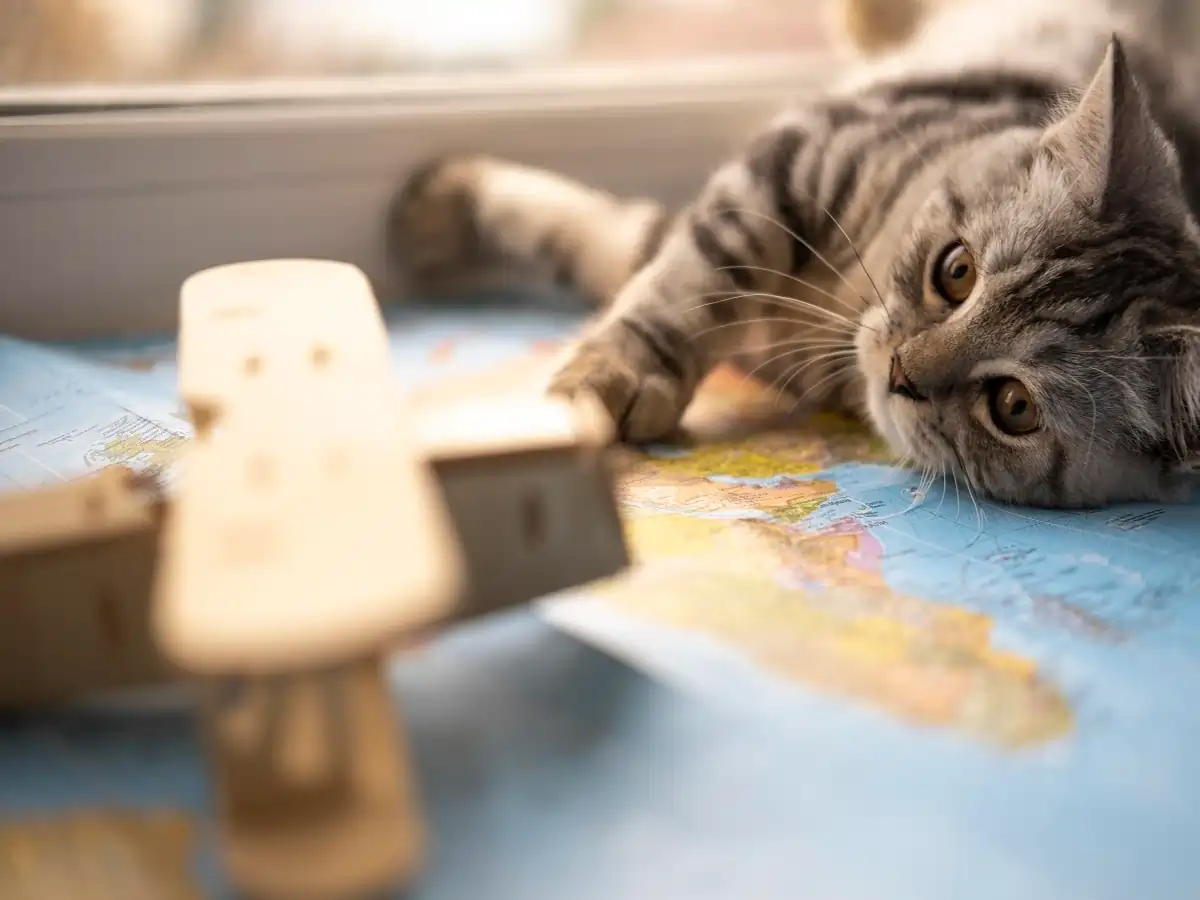Cats have always fascinated us with how they act. They move so gracefully and their faces are so mysterious. They have puzzled humans for ages. Cats make different sounds to talk to us, and one of the loudest is growling. But why do they growl? What makes them do it? This growling can make us feel scared or tell us to be careful. In this article, we will look into why cats growl. We will find out what makes them do it, like their feelings, instincts, and situations. Knowing why cats growl helps us connect with them better and treat them nicely.
Table of Contents
ToggleWhat is Growling in Cats and What Does It Mean
When cats growl, they make a low sound, sometimes with hissing or snarling. It is like their way of talking to show how they feel. Growling can mean different things depending on what is happening. Cats might growl when they feel uncomfortable, scared, or upset, trying to keep other animals away. It can also happen when they want to protect their space or things, or if they are not happy during social time with other cats or people. Sometimes, growling could mean they are in pain or not feeling well. Understanding why cats growl helps us take care of them better and have better relationships with them.
The Nature of Cats and its Impact on “Why Do Cats Growl”
Cats are natural hunters, so they act on instincts. They like to be alone and protect their space. Unlike some animals, cats don’t hang out in groups. They are really serious about their territory and will fight to defend it. That is why cats growl to show they are the boss and tell others to back off. When they feel threatened, like when other animals or people get too close, they might growl to warn them. Cats can also get upset around other cats or if they think someone is taking their stuff. Understanding these instincts helps us know why cats growl and how to treat them well.
7 Common Reasons for Growling
Cats can growl for various reasons, just like other animals. Here are some possible reasons.
1. Territorial Defence: Your Cats Are Might Be Defending Their Territory
When a cat growls, it is often because it is protecting its turf. Cats have this instinct to mark and defend their territory. They use growling to tell others to stay away and show they are in charge. If they sense other animals or even strangers coming too close, they might growl to warn them. It is their way of saying, “This is my space, back off”. This behaviour helps them feel safe and keeps their important stuff, like food and resting spots, secure. Sometimes, they growl out of fear, thinking someone might harm them. So, growling is a big part of how cats keep control over their home and show they are independent.
2. Fear and Anxiety: Your Cats Are Might Be Feeling Fear or Stressed
When cats feel scared or worried, they might growl to protect themselves. They do this when they are in strange places, hear loud noises, or see other animals or people. Growling is like their way of saying, “Stay away, I am scared”. It is how they show they are uncomfortable and want to be left alone. Sometimes, they growl to stop things from becoming a fight before it even starts. If cats are stressed because something changed, like moving to a new home or meeting new animals. They might growl to feel safer.
So, when cats growl, it is their way of saying they are scared or stressed and need some space. Understanding this helps us make them feel better and keep them happy.
3. Pain and Discomfort: Your Cats Are Might Be Feeling Pain and Discomfort
When cats feel pain or discomfort, they might growl. It is their way of saying they are hurting and to keep away. Growling warns others not to touch them, especially in sore spots. For example, if they have a hurt leg, they might growl to stop anyone from making it worse. Sometimes, cats have ongoing pain from things like arthritis or dental problems, which makes them growl more. So, when cats growl because of pain, they are asking for help and relief. It is important to understand why they are hurting so we can make them feel better.
4. Social Aggression: Your Cats Are Might Be Saying That “They Are The Boss”
When cats want to show they are in charge or protect their stuff, they might growl. This happens when they feel like their space or things are being threatened by other animals or people. It is common in homes with more than one cat or when cats meet new animals or people. Growling tells others to stay away and not mess with their stuff. Sometimes, cats might fight over who is the boss, especially if one cat thinks the other is challenging them. Growling can lead to other aggressive behaviours like hissing or even fighting as cats try to be in control.
Overall, growling in cats can happen when they are defending their social status, space, or things, showing how complicated their interactions can be.
5. Protecting Resources: Your Cats Are Might Be Protecting Owned Things
Cats are very protective of their stuff, like food, water, and toys. When they feel like someone is trying to take their things, they might growl to warn them off. This happens especially if there are other animals or people around. Growling tells others to stay away and not mess with what belongs to the cat. Sometimes, cats might even growl to show they are in charge and want to keep control over their things. This is important for them to feel safe and secure in their space. Overall, it is natural for cats to growl when they are protecting their territory and things. Understanding and respecting this helps keep everyone happy in homes with more than one pet.
6. Lack of Socialization: Your Cats Are Might Be Feeling Uncomfortable
When cats don’t meet many people or animals when they are young. They might growl later in life when they are around new things. This happens because they are not used to these things and feel scared or unsure. So, when they are faced with new situations, they might growl to show they are uncomfortable and want to keep their distance.
Also, not meeting many people or animals when they are young can make it hard for cats to understand social cues and how to act around others. This can lead to misunderstandings and fights, where they might growl to protect themselves or show they are in charge.
Overall, when cats don’t socialize much when they are young, they might growl more in new or scary situations. So, it is important to help them meet lots of different people and animals when they are young to grow up happy and confident.
7. Mating Behaviour
When cats want to mate, they might growl, especially during mating season. Male cats compete for female cats, so they may growl at each other to show who is boss and to attract female cats. They also use growling to protect their territory and to show dominance during mating. Overall, growling during mating shows how cats use instincts to find mates and pass on their genes.
How To Recognize Growling Behaviour in Cats
To recognize when a cat is growling, you need to pay attention to a few things:
- Sounds: Growling sounds low and grumble, like a warning. Sometimes, it is mixed with hissing or snarling.
- Body Language: Watch for signs like flattened ears, big eyes, a stiff body, raised fur, and a defensive stance.
- Facial Expressions: Look for bared teeth, a wrinkled nose, and narrowed eyes, which show the cat is angry and ready to fight.
- Situation: See when the growling happens. It might be because of strangers, other animals, or changes at home. Cats also growl to protect their stuff or during fights with other cats.
- Aggressive Behaviour: Growling often comes with other aggressive acts like scratching or hitting. This shows the cat is upset and might attack.
- Changes in Behaviour: If your cat starts growling suddenly, it could mean they are hurt, sick, or stressed. Keep an eye on them and talk to a vet if you are worried.
Understanding these signs helps you know what your cat is feeling and strengthens your bond with them.
Is Cat’s Growling Normal or a Bad Thing?
When cats growl, it is usually because they feel scared or stressed. Sometimes, it is just a way to say, “Stay away from my stuff”. But if your cat growls a lot or seems very upset, there might be a problem.
Watch when your cat growls and how they act. If it happens now and then, it is probably okay. But if it keeps happening, or your cat acts differently, like being more aggressive or avoiding you, it is a good idea to talk to a vet.
So, while growling is normal for cats, it is important to pay attention and get help if things seem off.
How to Respond to Growling
When your cat growls, it is important to handle the situation calmly to keep everyone safe. Here are some simple steps to follow:
- Remain Calm: Don’t get worked up. Sudden movements or loud noises can make things worse.
- Give Space: If your cat is growling, back away slowly to let them calm down.
- Identify Triggers: Try to understand why your cat is growling. Look around for anything that might be bothering them.
- Address Stressors: Get rid of anything that is stressing out your cat, like other animals or loud noises.
- Provide Comfort: Speak softly and give gentle reassurance to your cat. Avoid staring at them directly.
- Seek Veterinary Advice: If your cat keeps growling or shows other worrying signs, talk to a vet for advice.
- Training and Behaviour Modification: Consider getting help from a pet trainer to improve your cat’s behaviour over time.
Remember, dealing with growling cats needs patience and understanding to keep everyone happy and safe.
Final Words
In conclusion, understanding and dealing with growling in cats is important for good relationships and their well-being. While growling is how cats talk, it can mean different things, like feeling uncomfortable, scared, or protecting their space. Staying calm, finding out what is bothering them, and giving them support can help. If the growling keeps happening or comes with other worrying signs, it is smart to ask a vet for help. By being patient and caring, we can make our bond with our cats stronger and create a happy home for them.

